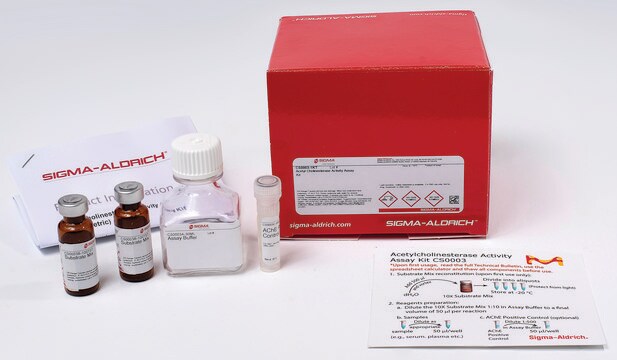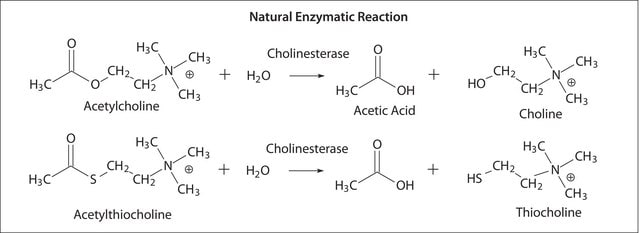LMO001
MULTI-seq Lipid-Modified Oligos
for Single Cell and Single Nucleus Multiplexing
Synonym(s):
LMO, Lipid modified oligos
About This Item
Recommended Products
Quality Level
form
liquid
usage
sufficient for 100 sample(s) (100RXN kit is adequate for labelling 100 samples when using 1 μL of each LMO per sample)
sufficient for 30 sample(s) (30RXN kit is adequate for labelling 30 samples when using 1 μL of each LMO per sample)
concentration
50 μM (each)
technique(s)
multiplexing: suitable (Single Cell and Single Nucleus)
shipped in
dry ice
storage temp.
−20°C
General description
Features and Benefits
- Efficient. MULTI-seq increases the throughput and decreases the reagent cost of droplet-based single-cell RNA sequencing.
- Flexible. Compatible with any droplet generation platform, the indexing system enables users to run and analyze up to 96 barcoded samples simultaneously in an 8-lane droplet device.
- Clearer Results. The indices provide data quality advantages over non-indexed analysis methods in the form of doublet identification and retention of data from cells with low RNA content.
Components
Reagents Provided
- LMO001A Lignoceric Anchor with DNA Oligo
- LMO001B Palmitic Co-anchor with DNA Oligo
Other Notes
- This product is for R&D use only. Not for drug, household, or other uses.
- Unique barcode oligos are not included and must be purchased separately.
- Barcode 3’ oligo design with poly-A tail for mRNA enrichment: 5′-CCTTGGCACCCGAGAATTCCA-8-base index-A30-3′
- Barcode oligo design for 5’ cDNA library synthesis: 5’-CCTTGGCACCCGAGAATTCCA-8-base indexCCCATATAAGAAA-3’
- In addition, 96 x 5′-end and 96 x 3′-end unique barcode oligos are available to purchase separately. Details on our custom barcode product, Next-Gen Sequencing Oligos (NGSO), can be found at SigmaAldrich.com/nextgenoligos. For minimal cross-contamination of barcode primers, order NGSO-Silver or preferably, NGSO-Gold quality. Please review the specifications available and then submit a quote request for the MULTI-seq barcodes to dnaoligos@milliporesigma.com. Sequences are not provided prior to purchase but will be included on product documentation at the time of delivery.
Related product
Storage Class
12 - Non Combustible Liquids
Certificates of Analysis (COA)
Search for Certificates of Analysis (COA) by entering the products Lot/Batch Number. Lot and Batch Numbers can be found on a product’s label following the words ‘Lot’ or ‘Batch’.
Already Own This Product?
Find documentation for the products that you have recently purchased in the Document Library.
Articles
Use of MULTI-seq lipid-modified oligos, protocol, and troubleshooting guide for PCR Assays and Sequencing applications.
Our team of scientists has experience in all areas of research including Life Science, Material Science, Chemical Synthesis, Chromatography, Analytical and many others.
Contact Technical Service


